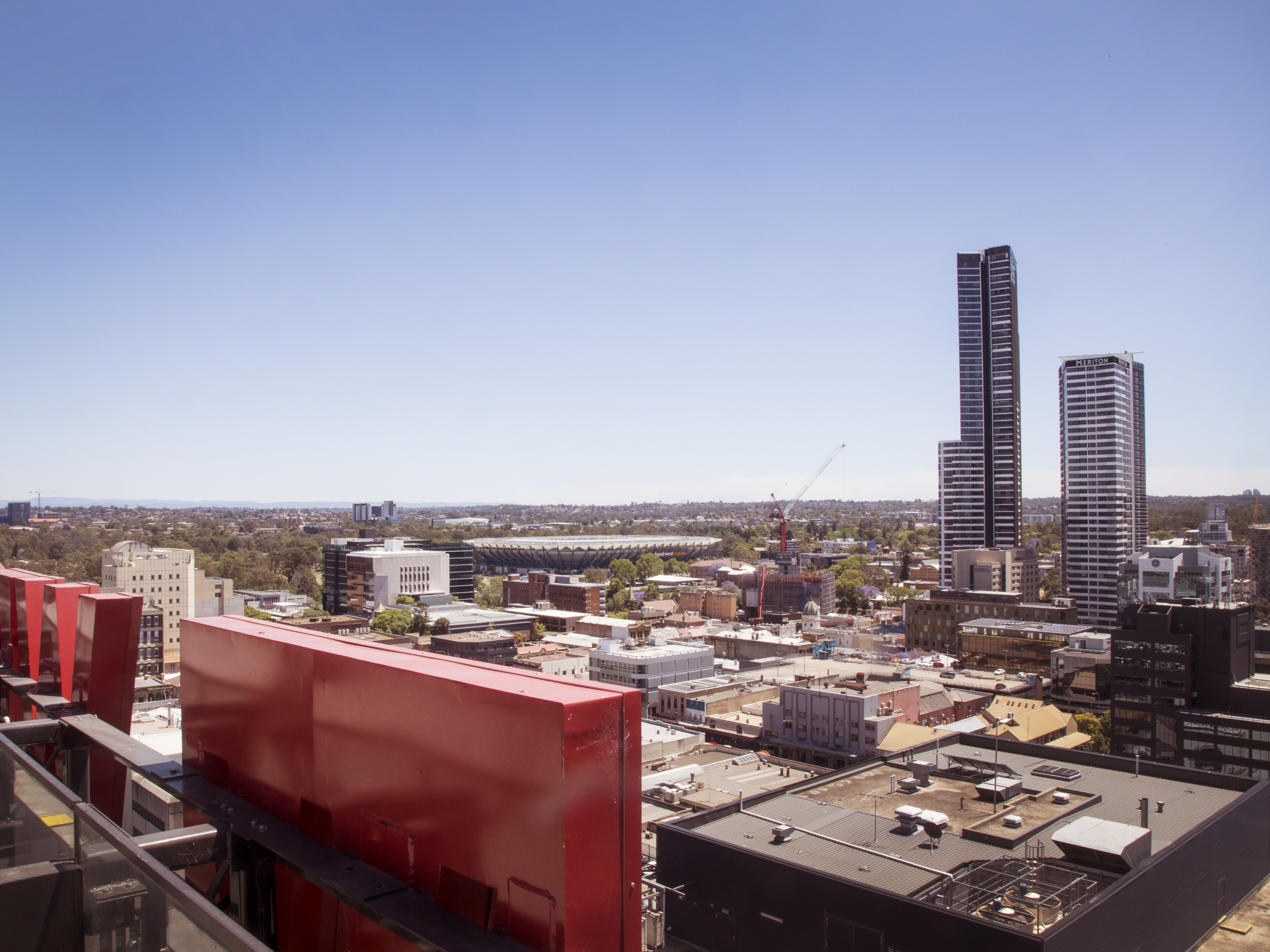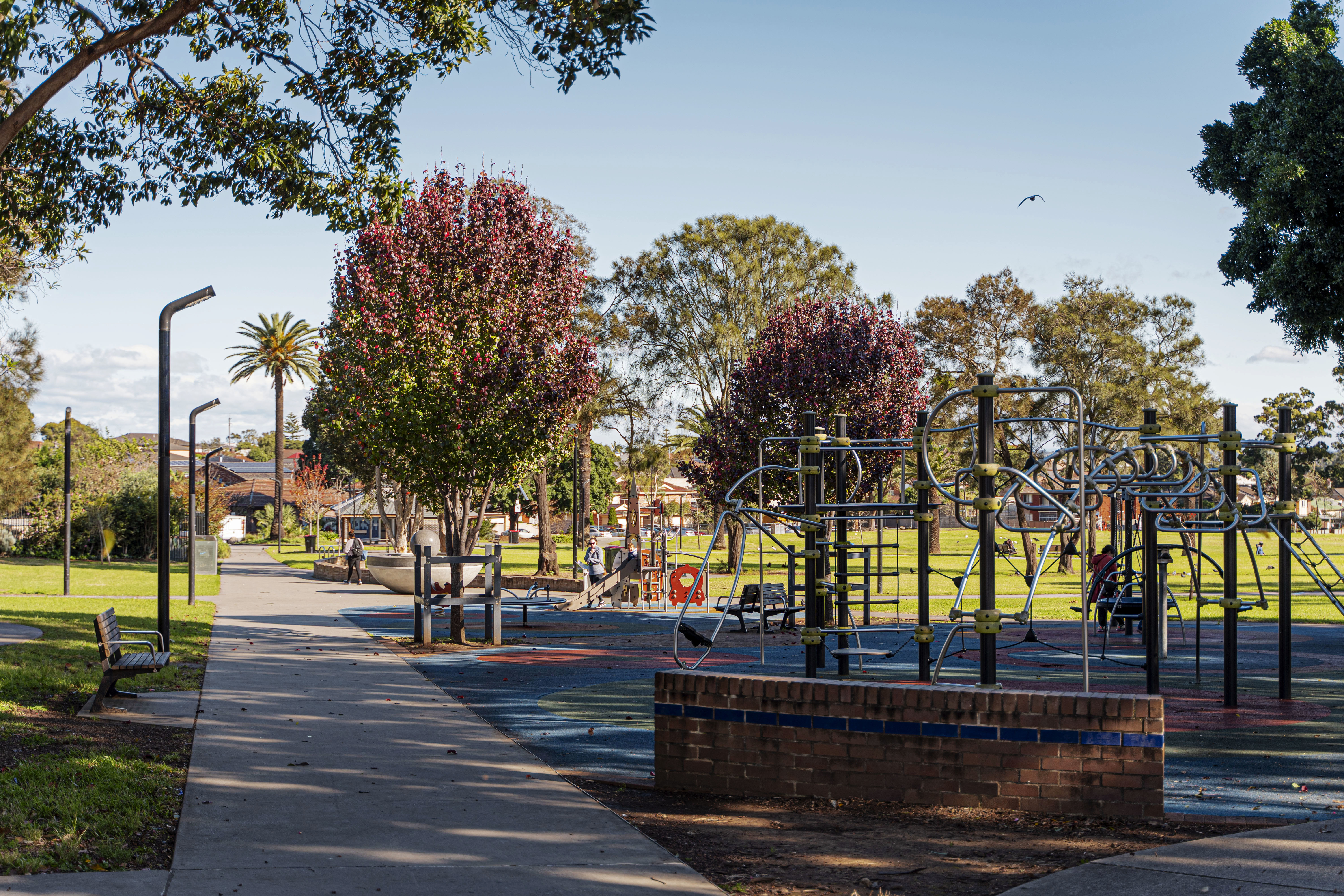You can search for courses, events, people, and anything else.
7th September 2022
The Centre for Western Sydney has announced the projects that will be funded by the inaugural Vice-Chancellor’s Centre for Western Sydney Fellowship Fund in 2022.
The Centre for Western Sydney within Western Sydney University is the leading source of collaborative and cross disciplinary research, policy and advocacy on western Sydney – co-created with, and for, the region.
The Centre has spearheaded the new seed funding initiative to support early career researchers at the University whose research is focused on tackling the critical issues facing the people of Western Sydney and promoting the resilience of its vibrant and diverse communities.
Director of the Centre for Western Sydney, Professor Andy Marks, said the annual Fellowship Fund aims to provide start-up funding for important research that will strengthen our collective knowledge and understanding of the Western Sydney region.
“Western Sydney is one of the fastest-growing, most economically-important and most diverse regions in Australia. Home to more than 2.5 million people, it is a region of immense opportunity yet is also experiencing first-hand many of society’s great challenges, such as rapid urban growth and entrenched inequalities,” said Professor Marks.
“The Vice-Chancellor’s Centre for Western Sydney Fellowship Fund aims to promote impact-driven research into the unique economic and social challenges confronting the western Sydney region, including infrastructure, jobs and the environment. Research that is co-created with Western Sydney organisations that are community-based, to ensure it is relevant to the region and can have maximum impact.”
In 2022, four projects have been awarded funding from the $30,000 Vice-Chancellor’s Centre for Western Sydney Fellowship Fund.
The researchers – from the diverse range of disciplines such as law, nursing and midwifery, engineering, design and the built environment, and urban geography - will be addressing issues like improving flood-resilient building construction; overcoming the digital disadvantage in western Sydney schools; co-designing more age-friendly communities for older Australians; and strengthening our knowledge of the western Sydney region with more place-based, geo-specific data.
Research projects funded by the Vice-Chancellor’s Centre for Western Sydney Fellowship Fund
- Project lead: Associate Professor Azadeh Dastyari, School of Law
- Community/industry partners: Bidwill Uniting, Jesuit Social Services, Think Tank Do
In Australia, the pandemic has highlighted the inequalities in Australian society and how important access to technology is for education. The impact of digital exclusion on education has been particularly pronounced in western Sydney, a reality acutely recognised by service providers in the region, who are industry partners in this project.
Geographical concentrations of entrenched digital disadvantage persist in western Sydney and exclusion from the online world is a source of marginalisation that compounds existing disadvantage and exclusion faced by communities in aspects of western Sydney, particularly education.
This interdisciplinary, partnership project examines whether limited access to adequate internet data, knowledge and devices puts the Australian Government in breach of its obligations under international human rights law to provide free education to students in western Sydney. It also seeks to find policy and legislative solutions to meet the objectives of United Nations’ Sustainable Development Goal 4, particularly in the provision of equitable education in Western Sydney.
- Project lead: Dr Jed Montayre, School of Nursing and Midwifery
Ensuring communities are appropriate places for older people to age in – also referred to as age-friendly communities – has become a global priority for many governments to address population ageing.
However, there is very limited evidence on how businesses and industries promote their organisations to become age-friendly and how to implement approaches that specifically consider older people’s needs and experiences. In Australia, there is limited data and evaluated outcomes on older people being consulted in the design and implementation of age-friendly programs that are intended to promote social inclusion of older people.
This project is one of the first to examine and explore age-friendly practices of businesses and industries in Australia. This study will provide data and insights in promoting social inclusion of older people in their own communities, particularly engaging with businesses that are vital to their ability to age-in-place and live healthily. There is also a need to explore current practices that business organisations implement in consideration of the unique needs of older people.
- Project lead: Dr Sameera Pathirana,School of Engineering, Design and Built Environment
Recent severe floods in Australia have demonstrated the vulnerability of buildings to flooding due to inappropriate developments in floodplains. Flood resistant buildings have become an emerging topic since building damages due to floods create severe social and economic problems.
Temporary as well as permanent modular building options offer a variety of solutions for building needs. The NSW government allocated $350 million package for temporary housing for flood-affected communities in 2022 alone. For modular building designs to achieve greater flood resistant performances through smart construction methods coupled with advanced materials, it is important to identify the parameters that govern such designs through a detailed investigation on flood damages to buildings and contents.
This research will analyse historical data on flood damage to buildings including flood levels, building heights and flood water retention periods to investigate the improvements building components need to achieve greater resilience of buildings during flood events.
It will also develop a data model that represents critical input parameters for sustainable modular building systems to achieve greater flood resilience.
- Project lead: Dr Rhonda Itaoui, Centre for Western Sydney
The Centre for Western Sydney will lead a Scoping Review which will help identify, among other things, what research has been and is currently being done on Western Sydney, and what it tells us about the region and its people.
Findings from the Scoping Review will be used to inform the design and development of a Western Sydney Research Dashboard that collects, collates and summarises both historical and contemporary research and data that focuses on the western Sydney region.
This will provide not only a place-based/geographic summary of research and data specific to western Sydney, but also a foundation from which the Centre for Western Sydney can identify gaps in research relating to the western Sydney region and its people, to help guide future research activities.




